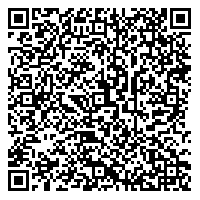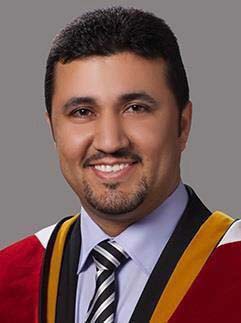The Short Story and its Role in the Teaching of Arabic to Non- Native Speakers
DOI:
https://doi.org/10.25255/jss.2020.9.1.135.151Palavras-chave:
short story, literary text, education, non-Arabic speakersResumo
The Arabic short story has an important impact in the field of teaching Arabic to non-Arabic speakers; therefore, this research aims to provide a methodological vision to show the effective role of the short story in the field of teaching Arabic to non-native speakers, starting from the theoretical application through which the researchers address the issue of the Literary text in general and its connection with teaching a foreign language. The research also adopts in-field application based on social survey sample. The instrument of the research is a questionnaire designed for non-native learners of Arabic at the Languages Center at the University of Jordan. The research has concluded that teaching the short story is effective due to its functional, recreational, cultural, linguistic and aesthetic qualities based on the challenges facing the teaching-learning process of a second language.
Downloads
Referências
Ibreer, Basheer. 2007. Teaching Texts: Theory and Application. Modern World of Books. Amman, Jordan p. 129
Bastai, Omar. 2016. Bases and Criteria for Choosing Lterary Texts to Non-Native Speakers of Arabic. Arabic to Non-Native Speakers, volume 20, pp: 125-134
Addulaimi, Taha and Alwa’ili, Suad. 2009. Modern Trends in Teaching Arabic. Modern World of Books. Issue 1.
Ritchards, Jack. 2012. Developing Arabic Language Curricula. Translated by Naser al Ghali and Saleh al Shwerikh. King Saud University Publishing, p.375
Shaneen, Balkheir. 2018. The Literary Text and its Role in the Teaching of Arabic Grammar to Non-native Speakers of Arabic. Al Athar. Issue 30, p. 111.
Al Sbeihi, Mohammad. 2008. An Introduction the Science of text and its Field of Application. The Arabic house of Science for Publishing. Algeria. Volume 1, p28.
Uleimat, Fatima and Qubeilat, Nizar. 2014. Towards a Systematic Approach in Teaching the Literary Text. Almanara. Volume 20, issue 4.
Al Anati, Waleed. 2003. Applied Linguistics and Teaching Arabic to Non-Native Speakers. Al Jawhara House Publishing. Amman. Volume 1.
Al Anati, Waleed. 2009. Linguistic Visions in the Teaching of Short Story to Non-Native Speakers. Al Najah Publishing. Volume 23, issue 1.
Al Anati, Waleed. 2010. Nihad Al Musa and the Teaching of Arabic: Vision and Approach. Jareer House Publishing. Amman, volume 1.
Abu Amsha, Khaled. 2017. Teaching Reading Communicatively for Non-native Speakers of Arabic. Applied Lesson. Article: https://www.new-educ.com
Al Kwomi, Mohammad. 1984. Teaching Arabic to Speakers of Other Languages… Notes on Teaching Texts and Literature. Arabic Institute Magazine. Um al Qura University. Saudi Arabia, volume 2.
Sandra Mckay, "Literature in ESL Classroom", in: C.J Brumfit and R.A Carter (1991) Literature and Language Teaching, p: 191.











 a Creative Commons Attribution 4.0 International License.
a Creative Commons Attribution 4.0 International License.

